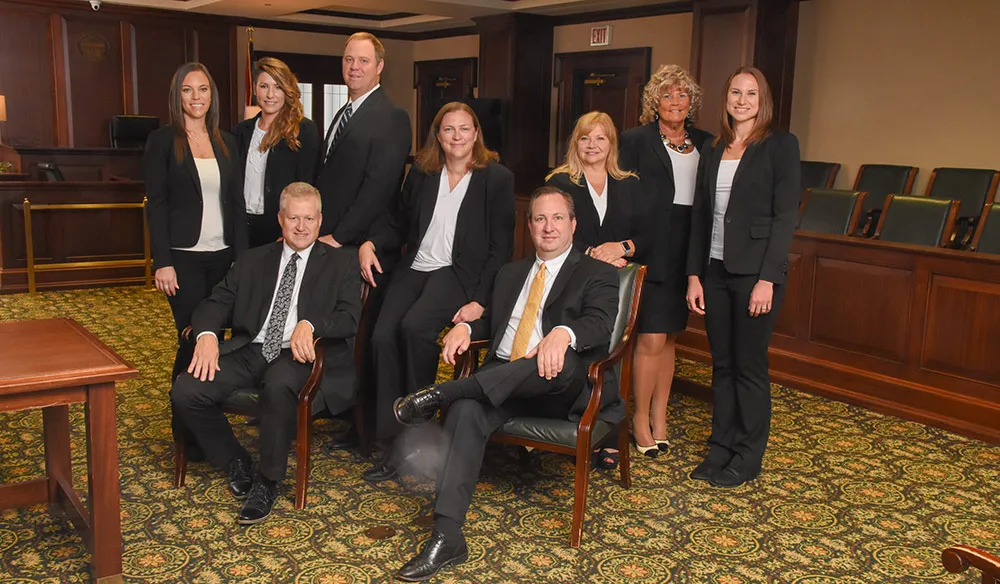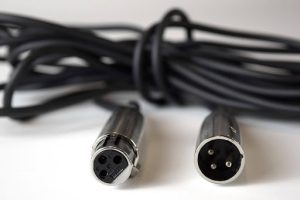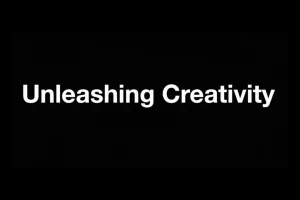Do Lawyers Have a Role in Campus Discipline Hearings?

Colleges and universities have the authority to hold disciplinary hearings for a variety of suspected infractions, with suspension or expulsion as possible outcomes. Students who are facing disciplinary action at school should seek the counsel of an attorney from Lento Law Firm with relevant experience.
The Probable Cause Hearing
Students may be at a significant disadvantage in disciplinary hearings on college campuses because they lack the same checks and balances that are present in criminal court processes. Disciplinary hearings in schools are typically informal affairs presided over by a college administrator or a hearing officer who may or may not have a legal background.
At The Time of Your Hearing
The school’s inquiry report should be made available to the student in advance of any hearings. In a disciplinary hearing, the burden of proof is far lower than in a criminal or even a civil trial. A student’s guilt must be established at the disciplinary hearing by a greater amount of evidence than the student’s innocence. Truth beyond a reasonable doubt is required in a criminal court.
Not every student facing disciplinary action at school has the opportunity for a hearing. There are situations when only a probe is finished. Students have the ability to request that specific witnesses be interviewed during a school investigation.
Regular Forms of Disciplinary Procedure
Hearings for disciplinary action can be held for the following in higher education institutions:
- Behavior of Fighting and Violence
Discipline actions can be taken in response to both threatened and actual acts of violence because of the serious nature of these offenses and their potential impact on the student body’s safety. In many cases, criminal accusations are also brought. Instances of this are common:
- Dangerous criminals
- Attack with a Dangerous Weapon Assault and Battery
- Assault with the intent to cause bodily harm
- Assaulting Women
Since allegations of sexual assault are taken very seriously by most educational institutions, the alleged victim’s rights are generally prioritized over those of the accused. Because of the stakes involved, it is in children’s best interests to engage closely with a committed California education attorney with extensive expertise in managing such complex issues. Title IX typically handles investigations of this nature.
- Drugs and Alcohol
Because modern educational institutions better understand addiction-related concerns, they are more likely to address this issue by helping students obtain the necessary treatment, whether inpatient or outpatient rehabilitation. D
- Property Issues
Theft and vandalism are two examples of property crimes that can result in criminal charges but fall short of the severity threshold required for physical assault.
- Dishonesty in the Classroom
While cheating in school is unlikely to result in criminal charges, it can have far-reaching academic implications. Academic dishonesty typically takes the form of:
- Plagiarism
- Document forgery
- Plagiarism in schoolwork
- Lying
Table of Contents







